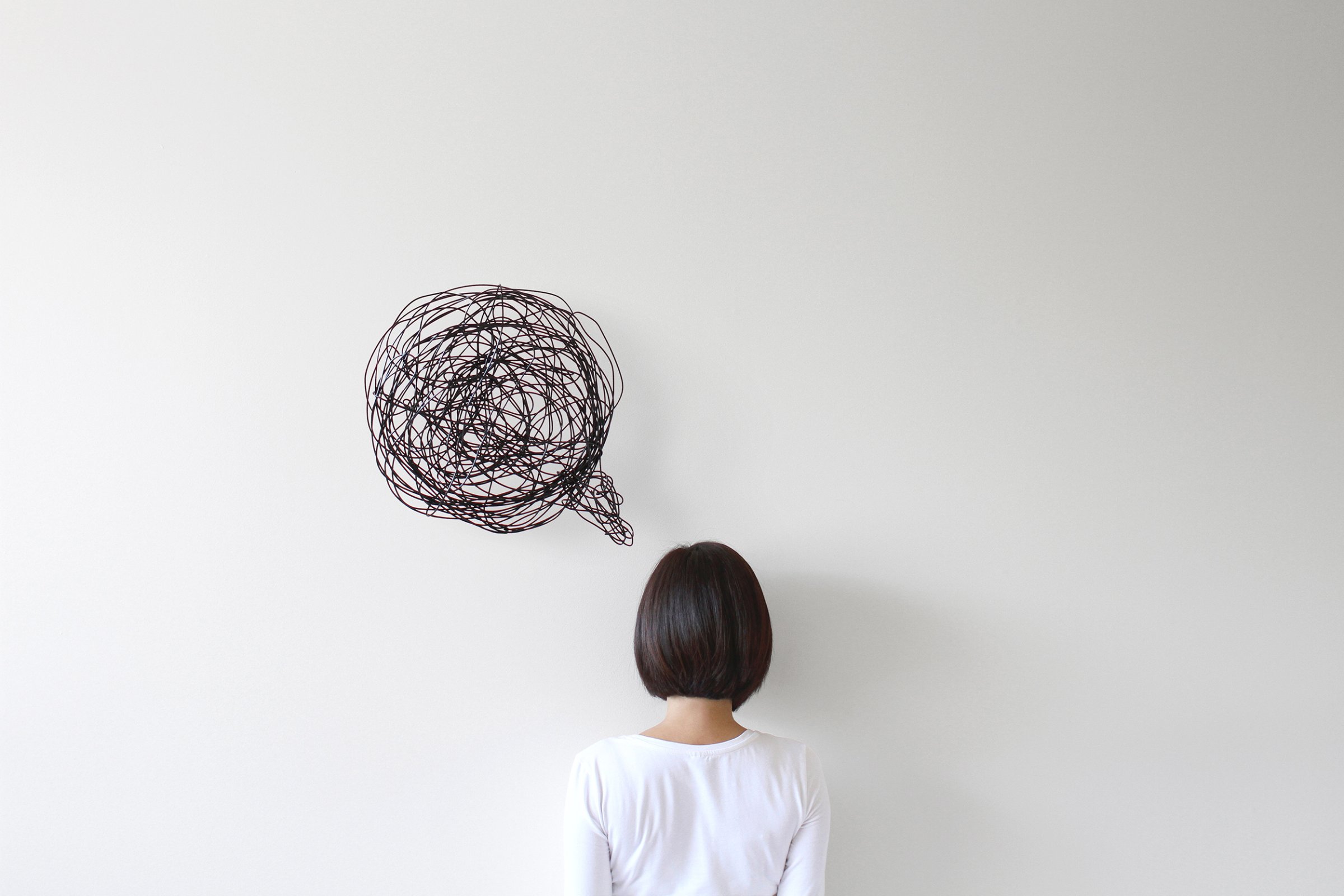
After years of suffering from mental health problems, it only took 4 months for my life to completely change.
I’d been depressed, anxious and addicted to anything that made me feel less. For 8 years, my life became more and more rancid. I lived through many cycles of trying so hard to be better, to be the me I wanted to be, followed by bouts of extreme lows and almost deaths.
But a switch went off when I started pursuing a diagnosis — ADHD and borderline personality disorder with medical professionals — at 24. But I have also come to realize this is not the end of the world – it’s not even close. My diagnosis became a saving grace.
Before I knew that my brain is wired in a different way, I would beat myself up and assume I was “incapable,” “wrong” or “useless.” But when my friend shared a single Facebook post on ADHD, it changed my life. I realized that I wasn’t any of those negative labels or identities.
The diagnosis wasn’t an immediate relief: It was heart-wrenching, especially at the beginning – how had I suffered for so long without knowing what was really going on inside of me? But I pushed past this frustration and challenged myself to be healthier in all aspects of my life. That became all the more do-able when I realized I was supported by an incredible network of friends and professionals who don’t judge me just for being me. I got to a point where I felt like I could keep on going.
But now, looking back, I wonder how I let my mental health get to such a bad point. Why did I end up tethered to tubes in intensive care at 23 if all it took to start turning my life around was intense management skills, support and therapy?
I realize, in hindsight, that it’s because I was ashamed. I didn’t realize that I wasn’t alone in struggling with thoughts of emptiness, feelings of lethargy and apathy. In today’s society, the pursuit of happiness and perfection have become a toxic denial of personal struggles and of pain.
And that’s why talking about mental health is so important.
Maybe if I had known that I wasn’t alone, things would have been different. Maybe if I hadn’t felt that unless I was perfect I was worthless, I wouldn’t have tried to throw myself away at the smallest mistake.
Now I speak about my mental health issues with everyone. Because hearing about it saved my life.
The hardest thing I’ve done is tell people I love when and if I’m not OK. And yes, I have lost some people along the way. The reactions differ. Those who understand say thank you and offer support. Those who don’t look a bit worried and offer support. The ones who frustrate me most are the people who say, “Everyone’s different in their own way,” as it belittles the struggles I face on a day to day basis sometimes just to hold it together.
Read more: Read Prince William’s Touching Message About Mental Health
But I realized that when I was truly being me, there were still many people who could truly love that person. I still go through ups, downs, arounds and inside outs, and that’s OK. I can’t help it. I’m not ‘mentally ill’ when I’m me, I’m mentally ill when I don’t allow myself to be me, and when I look after myself, I can manage it.
Because I’m not alone. And neither are you.
Caitlin Liebenberg is a South African storyteller and experience designer living in London. Follow her on Facebook at Powered By Crazy.
More Must-Reads From TIME
- The 100 Most Influential People of 2024
- Coco Gauff Is Playing for Herself Now
- Scenes From Pro-Palestinian Encampments Across U.S. Universities
- 6 Compliments That Land Every Time
- If You're Dating Right Now , You're Brave: Column
- The AI That Could Heal a Divided Internet
- Fallout Is a Brilliant Model for the Future of Video Game Adaptations
- Want Weekly Recs on What to Watch, Read, and More? Sign Up for Worth Your Time
Contact us at letters@time.com